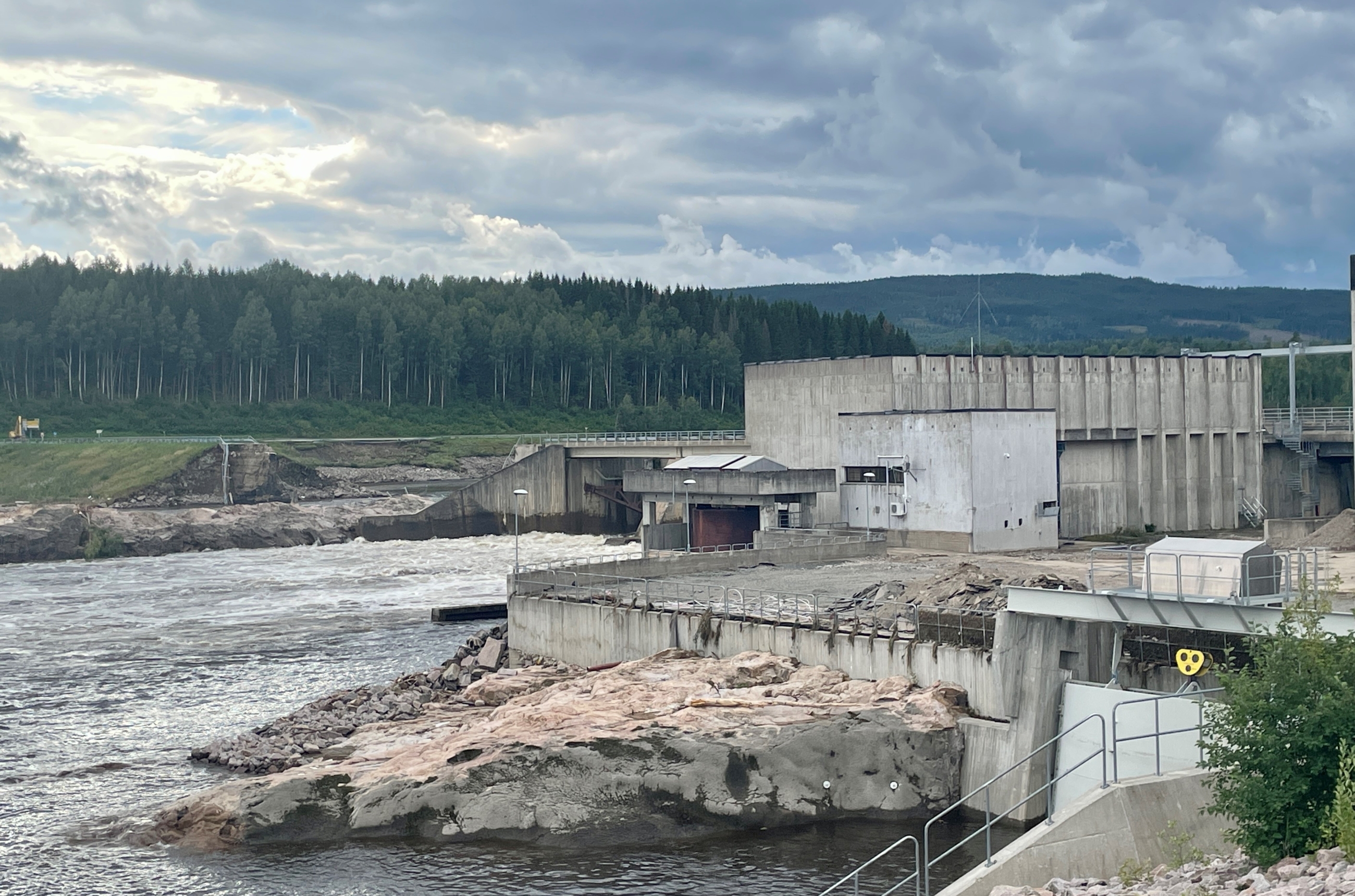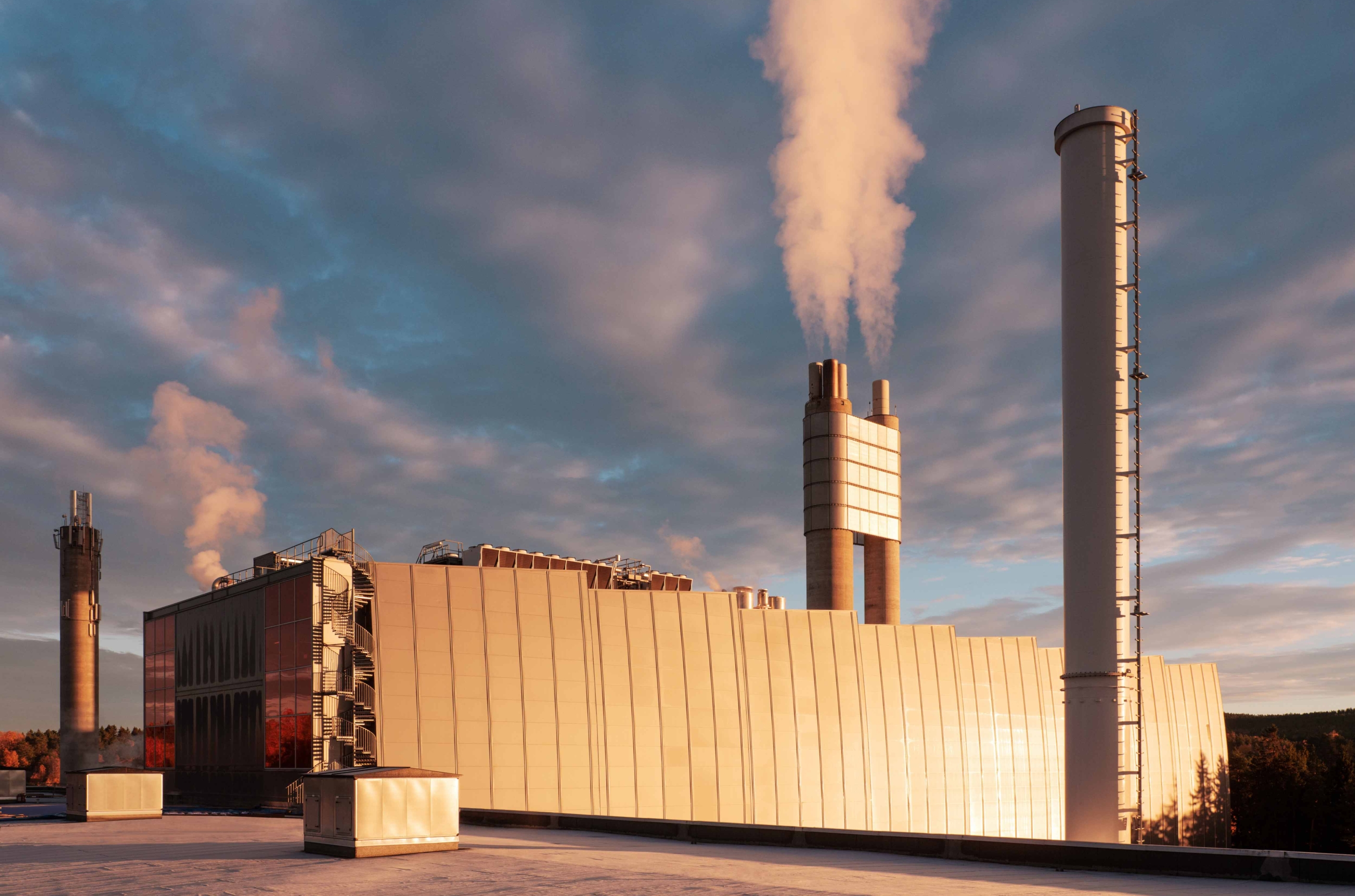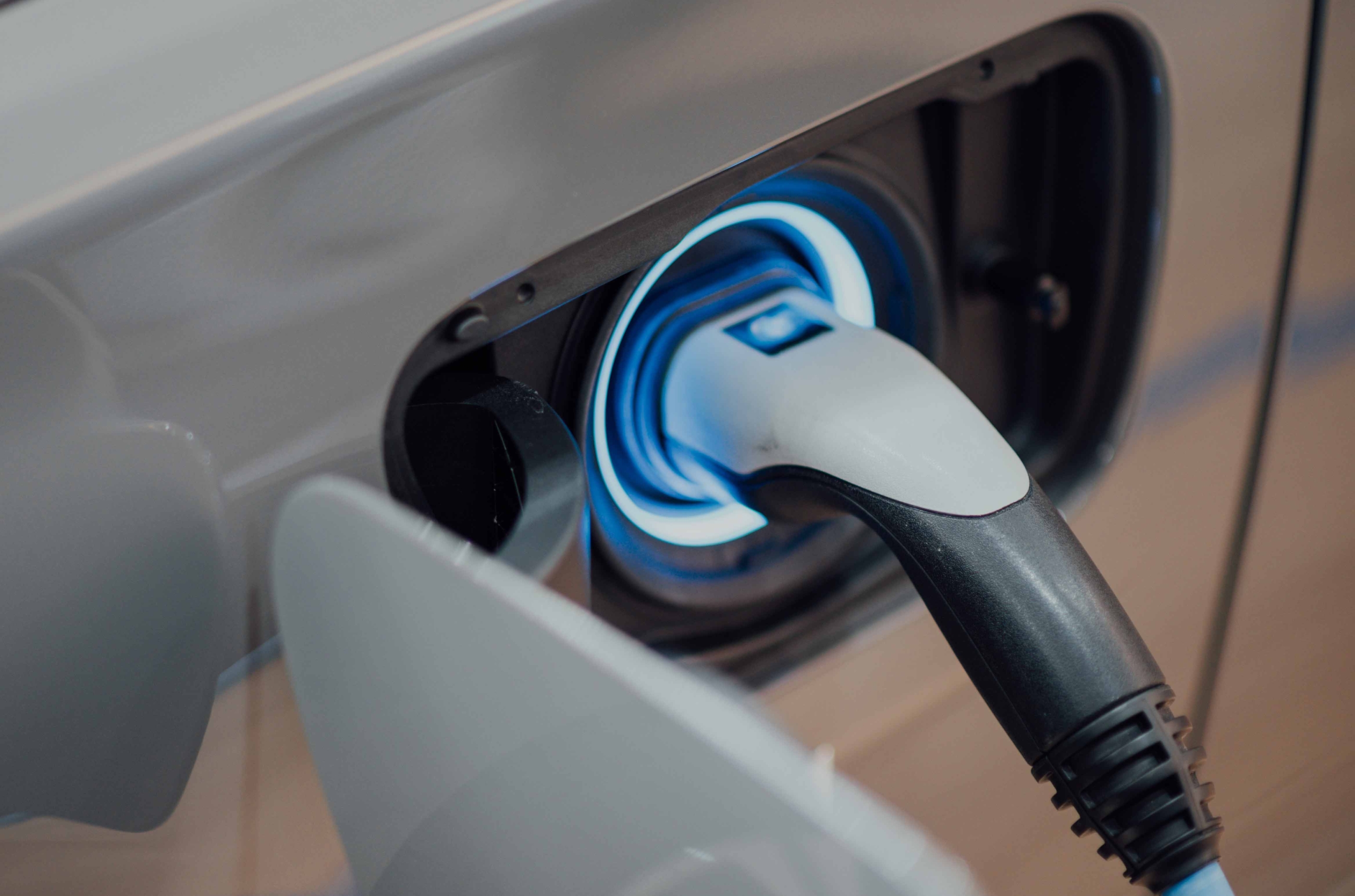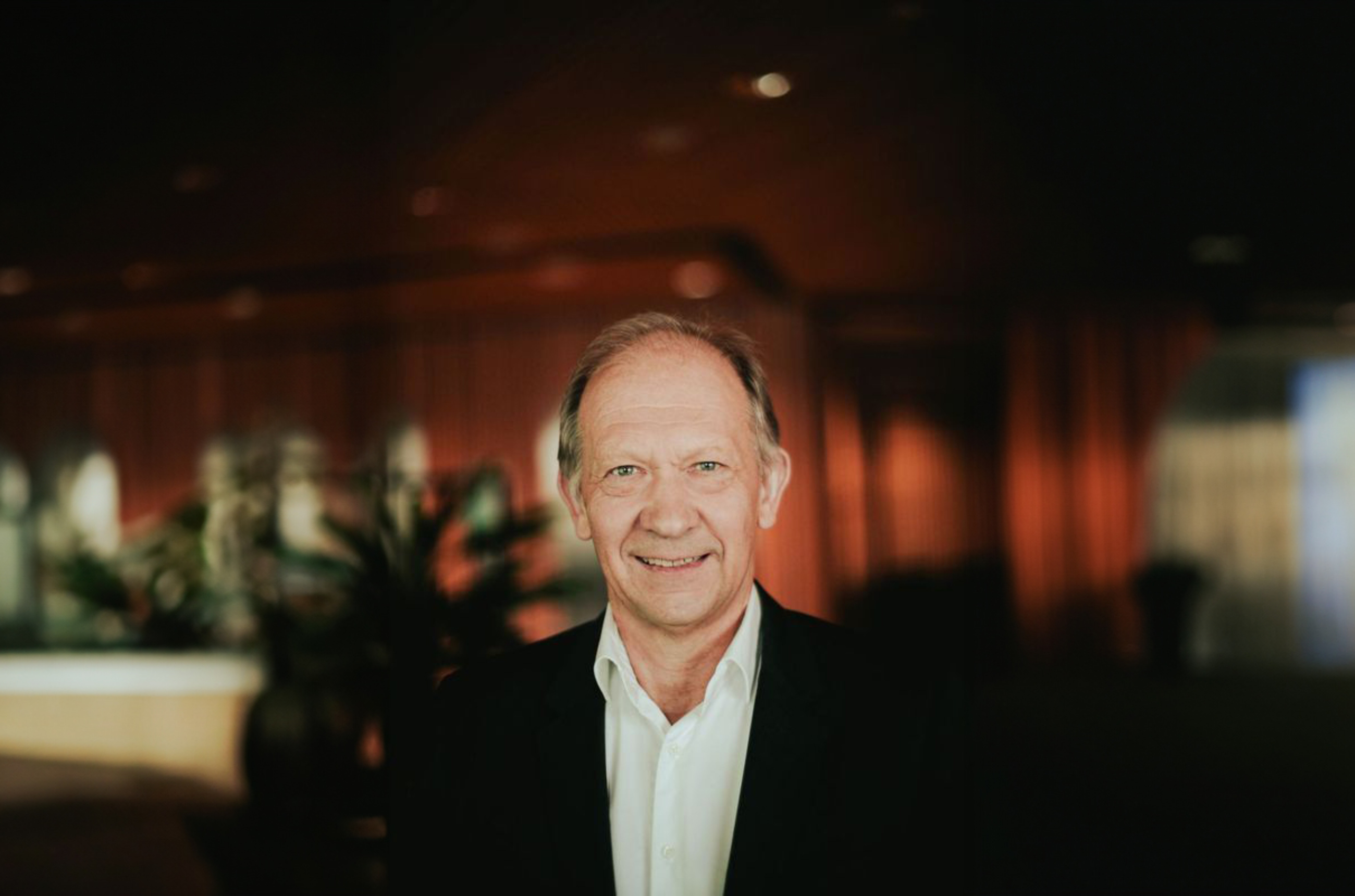
Important events

The extreme weather event “Hans” demonstrated the need for climate change adaption
2023 was a year in which Hafslund clearly felt the effects of climate change. During the extreme weather event “Hans” in August, Hafslund experienced an extraordinary situation involving enormous amounts of rainfall in almost all of Hafslund’s waterways. It created a flood that very rapidly increased in both strength and intensity. On 9 August, the floodgates at the Braskereidfoss power plant were unable to open as the water level increased. This led to water entering the power plant and eventually to the dam at the power plant bursting under stress from the extreme mass of water. The incident caused major damage to the facility, but no harm to life or health.
In addition to an internal investigation into how Hafslund dealt with the extreme weather event “Hans”, DNV was engaged in the autumn of 2023 to conduct an external investigation into the incident at Braskereidfoss. The investigation revealed that the company did not have adequate procedures and systems for handling the type of extraordinary situation created by “Hans”. Hafslund takes the lessons learnt from the incident very seriously and has initiated several measures to prevent something similar from happening again.

Eastern Norway power grid at full capacity and need for different framework conditions
2023 was the year in which there was a particular focus on the serious grid and power situation in Eastern Norway when Statnett and Elvia announced that the transmission grid is at full capacity and that there will be no further scope for major increases in consumption in the region until 2030-2035.
It had previously been known that Oslo and Akershus are the areas in Norway with the greatest power supply deficit. The grid and power situation is of major importance to Hafslund due to the Group’s extensive activities in this electricity price area. The situation in the transmission grid highlights the need for holistic thinking. Hafslund’s diversified portfolio makes the Group well-positioned to identify solutions across the energy system.
Finding opportunities to relieve the grid, especially during winter when the strain on the grid is at its highest, is critical to prevent electrification from coming to a halt. Increased use of district heating is an example of a very effective measure for relieving the grid and saving energy. Recognising district heating as being an important source of energy and emergency preparedness could be a good strategy for the energy situation in Eastern Norway. The framework conditions for district heating have become worse in recent years and if the potential of district heating is to be fully utilised it will be essential to improve key framework conditions and profitability.
Hafslund will continue to look for opportunities that can remedy the situation around NO1 and wishes to have dialogue with politicians, regulatory authorities and other parties who are keen to find the solutions.
In the 2024 national budget, the decision was made to discontinue the high-price contribution that was introduced in September 2022, effective from 1 October 2023. This tax had adversely impacted investments in renewable power and financial hedging and risk management. Scrapping the high-cost contribution will mean a more rational allocation of hydropower and greater predictability for Hafslund’s investments.
Near the end of 2023, an agreement was reached on a new resource rent tax for onshore wind power. Broad-based agreement on the tax changes provides greater predictability for Hafslund’s activities and investments in onshore wind power.
Good framework conditions for the power industry are of vital importance if Norway is to succeed in increasing production of renewable energy, ensuring a good level of capacity on the power grid and facilitating the emergence of new green industry in the country. The measures initiated by government authorities in recent years to ensure the green transition are important. At the same time, a great deal of work remains to be done if Norway is to meet the climate targets and ensure there is enough renewable energy in the years to come. Hafslund must be a clear stakeholder in the public debate and have good dialogue with government authorities on a number of matters that relate to framework conditions.

Cost-reducing phase for the Klemetsrud carbon capture project
In April 2023, the Group made the decision to initiate a cost-reduction phase at the Klemetsrud carbon capture project because updated forecasts revealed that the project could be significantly more costly than originally planned.
Updated estimates showed sharp prices increases for equipment deliveries due to inflation, geopolitical instability and the exchange rate. A smaller team with project resources was assembled and tasked with conducting a full review of the budget and possible cost reductions. Since April 2023, the project team has been working on optimising the project. In autumn 2023, an agreement was entered into to conduct a new FEED study with Aker Carbon Capture and Aker Solutions. This is a significant milestone in the efforts to reduce the costs of the carbon capture project. The goal is now to make a new investment decision and restart the project in mid-2024.

Hafslund investing in solar in Sweden
In the summer of 2023, Hafslund signed an agreement with Helios Nordic Energy AB to acquire seven solar park projects in southern Sweden. Southern Sweden is connected with southern Norway via the power grid and both of these areas are deficit areas that will require power in the future.
Once construction is completed, the solar parks will have an annual production of approximately 250 GWh. The agreement marks an important milestone in Hafslund’s strategy of developing and constructing 1 TWh of new renewable energy by 2030. Hafslund will take over the projects when they are ready for construction.

Hafslund contributes to smart, green cities
According to the Intergovernmental Panel on Climate Change (IPCC), cities account for up to two-thirds of the world’s total greenhouse gas emissions. Hafslund has ambitions of being a driving force behind the energy transition in Oslo and other cities. In 2023, the company partnered with climate investment manager Obligo and charging company Fastcharge to build one hundred charging points for heavy transport in Southern Norway over the next few years. At the end of last year, Fastcharge received support from Enova to build five charging stations for heavy transport with a minimum of 2 MW charging capacity per location. The first charging station will come online at Alnabru in Oslo in 2024. In Oslo, heavy transport accounts for 13 per cent of total emissions, and electrification is therefore critical for achieving the zero-emission target in the capital.
Norway’s electric vehicle initiative has been a success and Hafslund is proud to also contribute to the same success outside of Norway’s borders. In 2023, Elaway AS, one of Norway’s largest and fastest growing operators within electric vehicle charging for housing cooperatives and condominiums, entered into an investment agreement with SUSI Partners’ Energy Transition Fund. The agreement has secured a significant supply of capital for Elaway AS to continue its growth in Europe.
In line with Hafslund’s strategic focus on smart and green urban development, the Group has partnered with Telenor to build Norway’s most secure and energy-efficient commercial data centres for national data storage. The company’s ambition is to design data centres with effective solutions for recycling the excess heat that the data centres produce for use in the district heating network. The data centres are therefore a valuable contributor to the circular economy in the City of Oslo. The goal in the first stage is to build three data centres in the Oslo region with a total capacity of 40 MW.

Record number of students wanting to work with renewable energy
In a changing labour market, with low unemployment and competition for talented people, Hafslund needs to ensure that the Group is an attractive and developing workplace for the recruitment and retention of employees.
The best people are the key if Hafslund is to succeed in achieving the Group’s ambitious goals. The Group must therefore be the workplace where the talent comes knocking on our door. Hafslund worked actively and strategically on recruitment during the year, and is experiencing significant growth in the number of qualified applicants for the company’s various positions. An example of this is that in 2023 the Group received a record number of applicants for the 2024 summer student positions. This was an increase of 85 per cent compared to the number of applicants in 2022.

New Board Chair
Hafslund’s Board Chair for the past five years, Alexandra Beck Gjørv, was appointed as the new Board Chair of Statkraft at the end of 2023. Hafslund experienced strong growth during the years in which Alexandra Beck Gjørv chaired the Board, and the company is proud of the fact that she has been appointed Board Chair of Statkraft, Europe’s largest provider of renewable energy.
The Hafslund Board of Directors appointed Bård Vegar Solhjell as Acting Chair after Bech Gjørv’s departure. Solhjell chaired the Board until 1 March 2024, when the City of Oslo elected Jarle Roth as Board Chair at an extraordinary general meeting.


